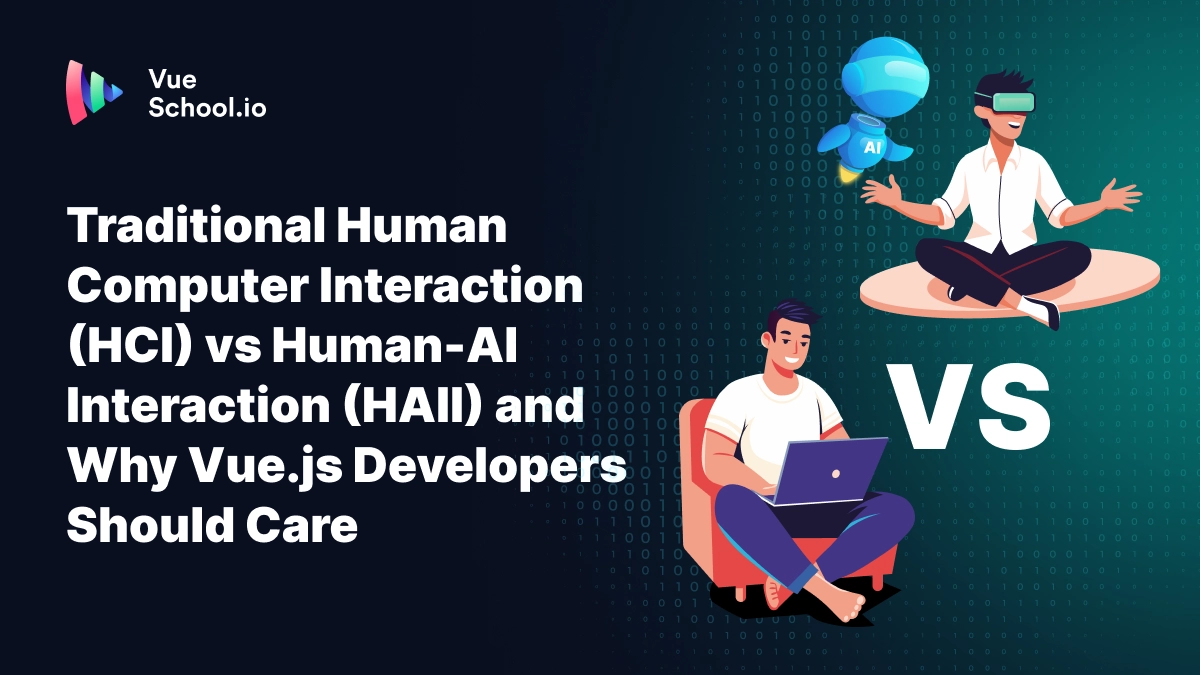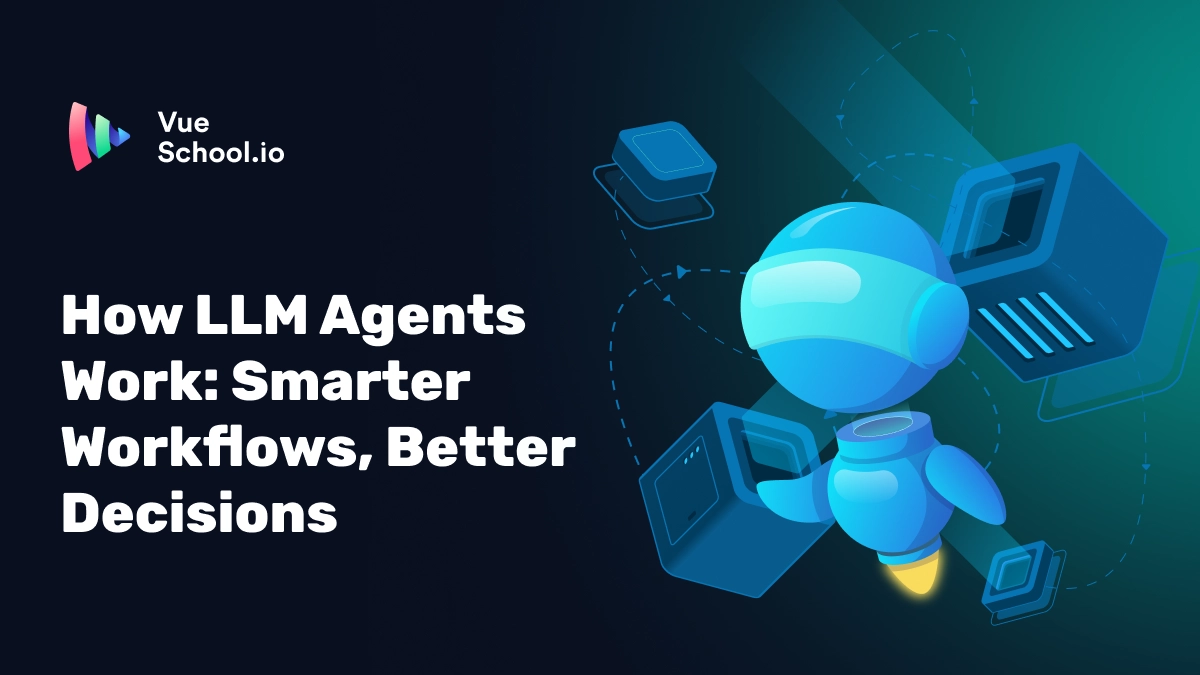Why is coding an essential skill for the future?

In today’s always on, always connected society, we sometimes take for granted the sheer breadth and scope of technology that is woven into the fabric of our everyday lives. We live in a highly digital, highly computerized world and as technology continues to evolve and progress, it is only going to become more so.
To keep up with the pace of change, having some degree of computer knowledge is now almost a prerequisite at any level in the working world, while those that want to get ahead are seeing the value of upskilling in coding.
But what exactly does learning to code entail and what are some of the additional benefits you can expect from software development?
Read on to find out how you can start planning your career path, and why there’s no better time than the present to get into coding.
Is coding still going to be important in the future?
Of course! The modern world is run on software and there’s no getting away from it.
Coding is the language of the future and will be your passport to a world of possibilities.
Think about it. Almost every single interaction you have online or on your phone, or even out and about living your daily life, is facilitated by some sort of operating system, application or database that was developed and built by a software developer. Technology dominates almost every industry around the world.
As a result, the demand for growth is constant and technology is always changing. After all, how many times have you heard that some new groundbreaking tech has been released, only to hear the next day that something bigger and better is just around the corner.
This demand for the latest tech or the latest software has created a matching appetite for the developers who make these advancements possible. So, if you're wondering if there is still going to be a need for software developers in the near future, the answer is yes!
What industries use coding?
From IT to cybersecurity, fintech, telecommunications, education and more, coding has paved the way for the development of large systems and infrastructures in almost every large multinational around the world.
“Everything is run on software these days and software is developed by coders, which means there’s a massive opportunity for people wanting to get into software development around the world,” says Alex Kyriakidis, Co-Founder and CEO of Vue School.
Is there a demand for software developers in the future?
Many companies around the world have more job openings than there are available software developers, so there’s no doubt that learning to code can provide a good route into an open field of work.
According to the U.S. Bureau of Labor Statistics (BLS), projections for employment growth in the coding and programming-related professions are positive:
- Web developers: 13%
- Network and computer systems administrators: 5%
- Database administrators: 9%
- Software developers: 21%
When compared to the national U.S. average of five percent growth, these roles are clearly outpacing the trajectory of many other careers. In fact, according to a report by Burning Glass Technologies, the number of coding jobs is growing faster than the job market! The BLS actually predict that, by 2029, demand for developers will have increased by 22%, meaning that the future is looking good for qualified software developers.
Interestingly, there is also an increase in the number of hybrid positions being created that combine programming skills into other job titles and related in-demand tech roles. It makes sense. Many smaller businesses and start-ups simply can’t afford to hire someone to only take care of their web design, for example, so having coding in your toolbox will not only make your CV stand out from the crowd, but can also lead to jobs in other fields, such as marketing, data science or cybersecurity.
Increase your value with coding
While there’s a clear demand and plenty of opportunities for software developers, the good news is that you don’t need a degree in computer science to find a job as a computer programmer. Simply being code literate means you’re likely to be more digitally fluent and quicker to learn other aspects of tech, which in today’s digital job market, can only be of benefit.
In fact, Burning Glass indicate that more non-tech jobs are demanding workers who can code and that jobs requiring coding skills pay $22,000 more than those that don’t.
“Developers, even at a junior level, enjoy disproportionally high salaries compared to most other professions. That's for a reason. Companies lose revenue because of the lack of devs. People around the world have to wait on phone lines and physical queues to perform simple chores just because companies don't have the capacity and resources to digitise and maintain their infrastructure. Please become a developer and help the world move forward,” Alex adds.
From web development to game development, machine learning, data science, and more, having even basic programming knowledge can open up a variety of career paths for you.
“By understanding how software works under the hood, even at a very basic level, you can be a better professional, in any role. No matter if you are a doctor, a teacher, or an Uber driver, having a basic coding understanding will get you a long way and make it easier for you to do your job better, get promoted, get more customers, and, of course, enjoy it more,” says Alex.
The added benefits of learning to code
Of course, there is a whole host of added benefits that come from learning to code that make software developers highly attractive as potential employees. Now considered a critical skill, employers are willing to pay a premium for people with the ability to code, as it’s widely known to actively engage the mind, supporting creativity, logical thinking, the ability to concentrate, and more.
Take a look at the broader benefits of coding:
- Logical thinking – the key component of logical thinking is the ability to break everything down into smaller pieces to see how they’re related. In the same way, coding requires the “decomposition” of a task into smaller bits too, in a sequence that makes sense.
- Structural thinking - structural thinking involves the ability to build something larger from smaller components, and the ability to see patterns and components in bigger objects too. Often, coding involves modular modeling, which requires using smaller pieces, such as blocks, to build a bigger object.
- Creativity – essentially the ability to come up with new solutions to unfamiliar tasks, creativity can be learnt through coding, which encourages explorative thinking, brainstorming and conceptualizing creative approaches to problem-solving.
- Focus - in a world where people are becoming increasingly distracted, coding encourages long periods of immersive, focused thinking as you solve the task at hand.
- Soft skills – soft skills such as communication, organization, planning, listening, and more, are all highly leveraged when it comes to coding, as it forces one to step out of one's comfort zone and collaborate with others.
Skills like these, and others, are essential in everyday life and other disciplines and can set you up for success in both your personal and professional life.
How can you start to learn to code?
More than ever, people need to learn how to code. The good news for those just starting out is that, because technology changes so fast, you won’t be behind for long. “When it comes to technology, you have to keep learning to stay up to date with the constant changes, which is great for newcomers, as it levels the playing field a bit for those who are just starting to learn to code,” says Alex Kyriakidis, who founded Vue School, a global online education platform teaching Vue.js to those interested in learning front-end development techniques.
If you’re interested in adding programming skills to your repertoire, all you need is a computer, some time, and the desire to learn. Introductory programming courses are available online for free, and you can learn the basics of pretty much any programming language you can think of, including Vue.js, one of the most in-demand programming languages.
Considered one of the easiest frameworks to learn, Vue.js is used in many applications and is sought after as a must-have skill by many organisations around the world.
“For beginners, I would suggest starting with Vue.js. It is easy to learn, easy to use, and useful in many practical situations. There is also no comparison in terms of the online documentation, user community, and general capabilities of Vue.js,” says Alex, who is also the Head of Training at Vue School.
Learn how to code with Vue School
Learning about new web technologies and staying up-to-date is an ongoing process. Whether you’re just getting started or have been coding for years, there’s always something to learn with Vue School where you can Learn Vue.js and modern, cutting-edge front-end technologies from core-team members and industry experts with premium tutorials and video courses.
In a recent survey on the accessibility of tech education by KX, a global provider of real-time analytics and data management software, it was revealed that over half of students see coding as vital for their future career prospects but over a third lack access to learning opportunities.
“At Vue School, our goal is to help the Vue.js community and framework grow. That’s why we’ve always made Vue education accessible to everyone by offering Vue fundamental courses and events to our community for free,” says Alex.
Level up your career with Vue School
Established in 2016, Vue School offers the most comprehensive Vue.js video library in the world with over 830 lessons, 73 published tutorials (with more published every week) and 44 courses available, including 15 free courses!
Check out our free Vue.js courses and coding tutorials for yourself, and be sure to check out the Mastering Nuxt blog too, where you can browse through 13 published tutorials to discover the latest tips and tricks to Master Nuxt industry news and best practices as well.
Set your path for a career in coding
Not sure where to start? We’ve created learning paths based on experience levels for you to master Vue.js from start to finish with all the courses you need from Fundamentals to Mastery, as well as the ecosystem.
Start your journey to becoming a Vue Master through the Beginner Learning Path and enjoy the first 2 courses completely free:
Learn the fundamental concepts and get up and running with Vue.js 3. Perfect if you haven't touched Vue before, or you're just getting started!
Components are the puzzle pieces of a Vue.js website. Learn the fundamental and important concept of Vue.js components in this course.
Stay up to date with our free event
Keep an eye out for our free events, such as Vue.js Forge, Nuxt Nation and Vue.js Nation and stay up to date on the framework’s latest news and developments. These are some of the biggest online developer events in the world and are designed to bring the whole Vue community together while giving you an opportunity to engage with Vue industry leaders, framework contributors, and the creator of Vue.js, Evan You.
Keen to get started? Join our Vue community!
Register to start the free courses and keep up to date with tutorials, events and news about the Vue.js community. We can’t wait to meet you!
Start learning Vue.js for free

Comments
Latest Vue School Articles
Traditional Human Computer Interaction (HCI) vs Human-AI Interaction (HAII) and Why Vue.js Developers Should Care

LLM Agents: Your Guide to Smarter Development

Our goal is to be the number one source of Vue.js knowledge for all skill levels. We offer the knowledge of our industry leaders through awesome video courses for a ridiculously low price.
More than 200.000 users have already joined us. You are welcome too!
© All rights reserved. Made with ❤️ by BitterBrains, Inc.



